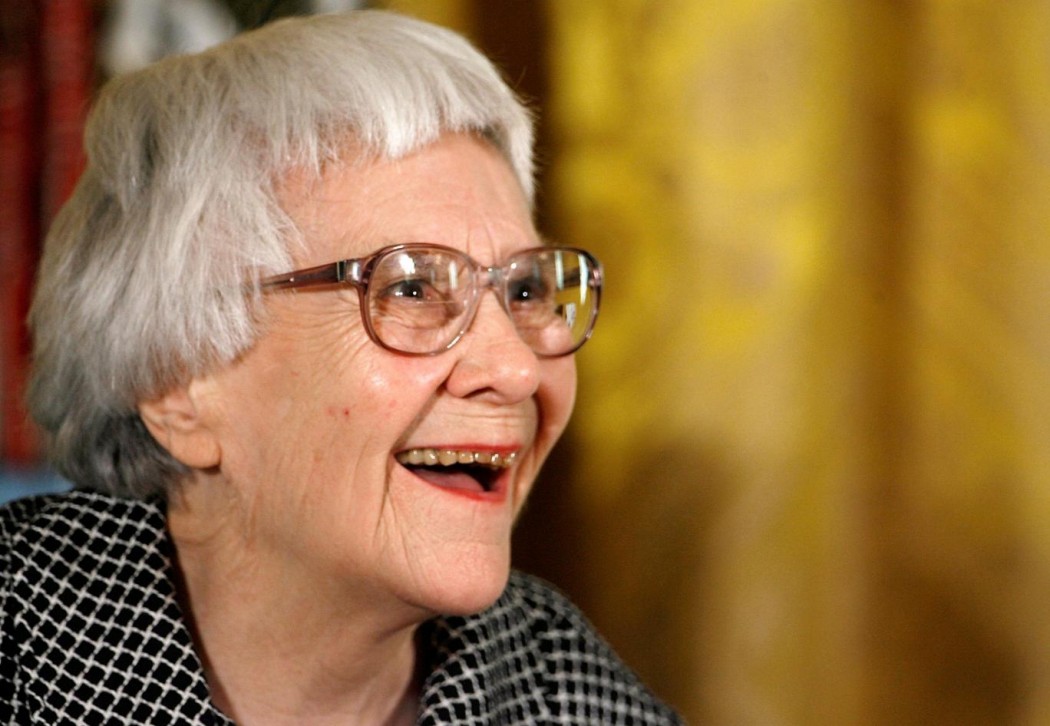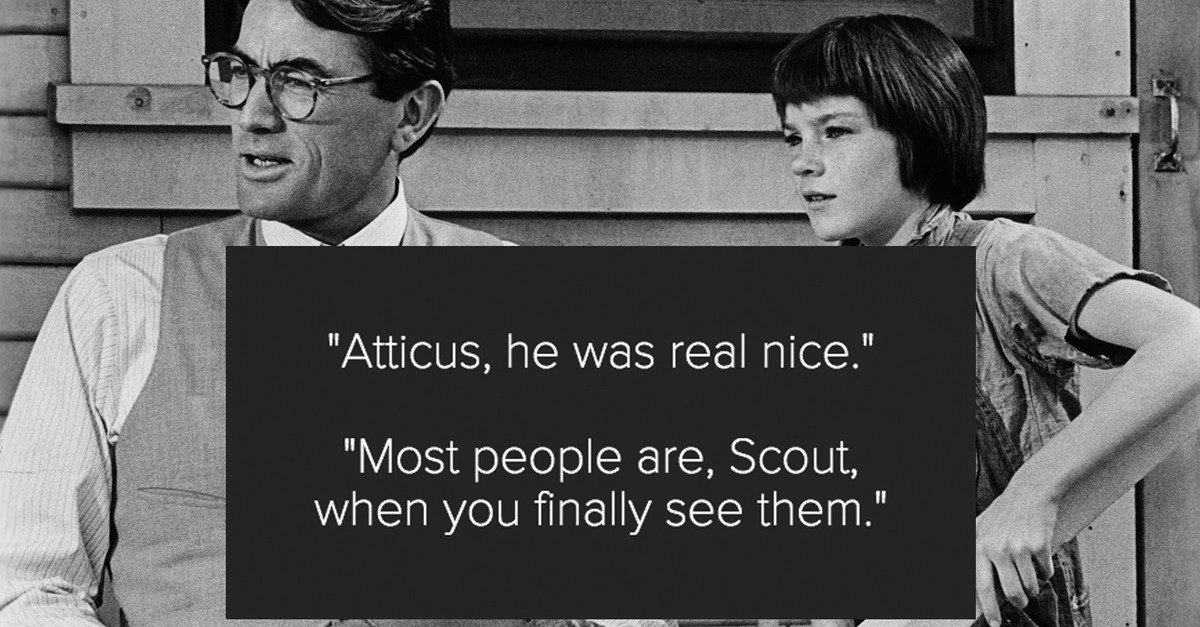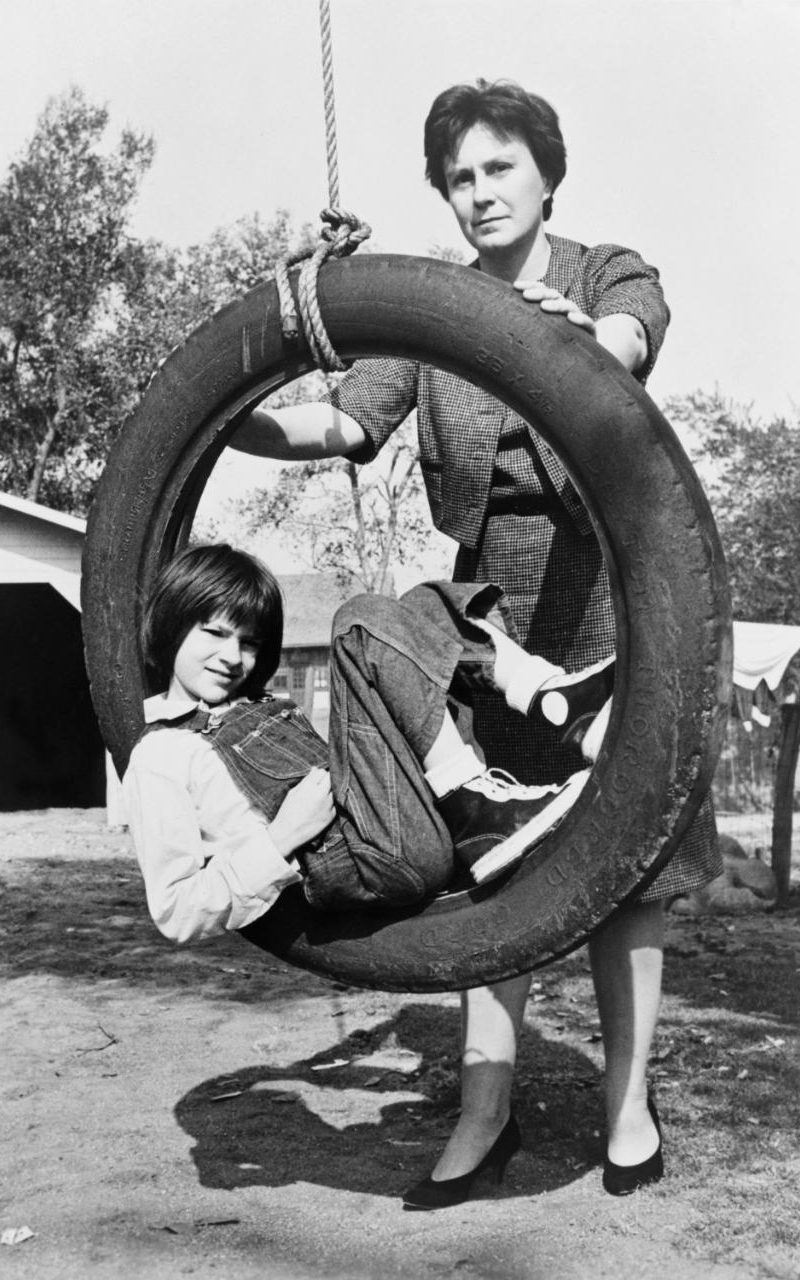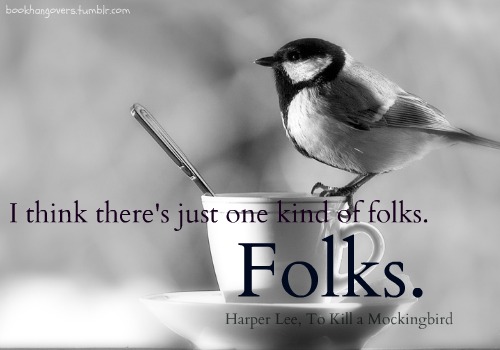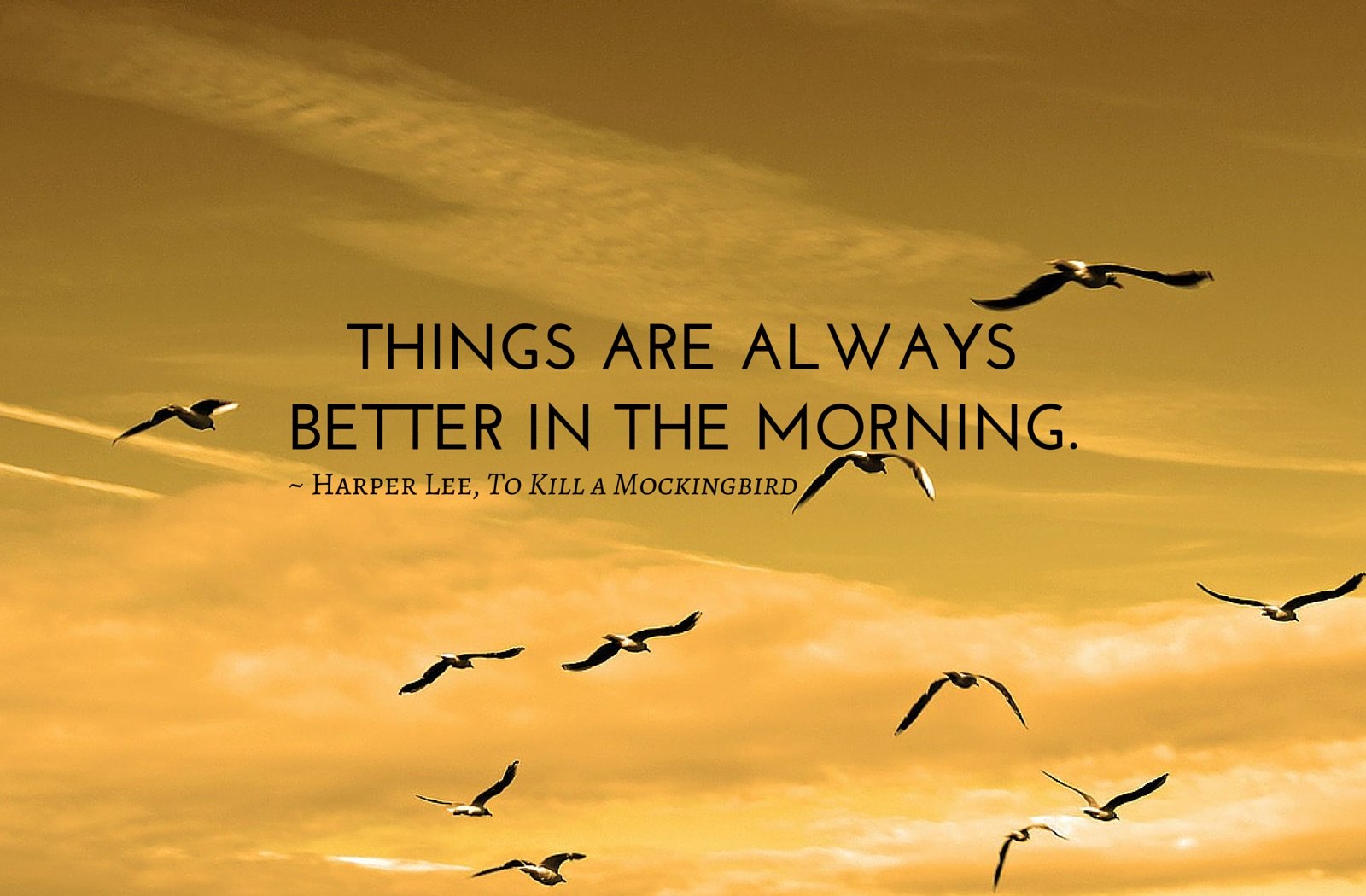Real courage is when you know you’re licked before you begin, but you begin anyway and see it through no matter what.
-Atticus Finch, To Kill a Mockingbird.
Harper Lee – a legend, an inspiration, a childhood icon – passed away at 89 yesterday.
Having lived out her whole life post-To Kill a Mockingbird (1960) in anonymity, Lee had been a recluse for the last few decades and her readers only imagined her through her protagonist Scout’s voice. Just last year, however, she found and released Go Set a Watchman (2015), the parent and sequel to the novel that the world knew her by. Had Harper Lee’s death be announced this time last year, it would have been met with silent acceptance and musings of it being her time, or with surprise that she had not already passed.
Now, however, we have been given a taste of more. We have been jolted out of our resignation in July 2015 and have not stopped talking about Lee since. We cannot silently accept Lee’s passing; her two beautiful novels are not enough. My own memories of spending hours in the cool dungeon that was the English room of my school and being taken on a riveting, moving journey through Harper Lee’s novel flood me now: my teacher inviting the small group of five that had elected for higher English into the teachers’ lounge so we would be appropriately comfortable to delve into and appreciate fully the beauty that is To Kill a Mockingbird; falling in love with literature all over again every single time we cracked the volume open; going on a wild ride through a child’s eyes to see her growing up and dealing with testing points in life; tackling societal problems together like gender norms, race and class, until we felt like we could take on the world. The serene, soft-focused novel with lilting wit and narrative sophistication changed my life, as it did many others’.
The blessing to humanity that was the novel, that gave everyone bundles of cherished memories, was left as just that- a memory. It had been a waking dream that was gently slipping out of our minds as we went about our life. And then, Harper Lee’s lawyer discovered her original manuscript, that her editor had said needed work. Chronologically set after Mockingbird but written much earlier as the first version of it, Go Set a Watchman is a raw, complex, and as far from tame as you can get. It makes you rethink everything you accepted in Mockingbird and urges the reader to scratch under the surface, instead of recording life and its injustices through the eyes of a child. The angry, anxious book with a racist Atticus Finch has been everything that Mockingbird was not. As The Telegraph puts it, had To Kill a Mockingbird been a little more complex,
it wouldn’t have been so much of a fairy tale; it wouldn’t have been taught in schools everywhere, and it probably wouldn’t even have been considered a classic. But it would have been a masterpiece.
This is what makes it so hard to accept the news that has been unceremoniously thrust upon us. We have been jolted awake from our reverie; we have had a taste of more, and now cannot settle for less.
Making this dismal situation even worse is the surge of conspiracy theories that have come up after Lee’s two successive years under the spotlight. Conjecture that Truman Capote (her close friend and the inspiration for the character Dill) wrote the book, speculations on her state of mind (and thus ability to decide to publish Go Set a Watchman), questions on her talent (that she was an accidental writer with only one book in her) are thoughts that make ardent fans wince. At the same time, most of her readers are glad that she only ever published one book (albeit twice), because it would have been much the same, revisiting similar settings and circumstances. As she poignantly predicted in 1961 (the year she won the pulitzer prize),
I have a horrible feeling that this will be the making of me.
With a heart fit to burst, we pray that Harper Lee’s voice reaches us posthumously. As she always said, she wrote for herself, and it’s unlikely that she would have stopped just because she didn’t want to publish any of it. We can’t help but wonder what other work of hers is out there. We hear of her letters and her unpublished crime story called The Reverend, hoping against hope that she didn’t burn her papers. “Her death,” as The Telegraph writes, “sets a scene for literary vultures.”
Lee is remembered by celebrities and readers alike. Reese Witherspoon tweets,
She revealed it all… the glory and the fear and the hate and the beauty.
Barack Obama’s family issued a statement on the impact Lee had on the world,
When Harper Lee sat down to write To Kill a Mockingbird, she wasn’t seeking awards or fame. She was a country girl who just wanted to tell an honest story about life as she saw it. […] But what that one story did, more powerfully than one hundred speeches possibly could, was change the way we saw each other, and then the way we saw ourselves, through the uncorrupted eyes of a child, she showed us the beautiful complexity of our common humanity, and the importance of striving for justice in our own lives, our communities, and our country.
George W. Bush, too, insightfully remarked,
Harper Lee was ahead of her time, and her masterpiece To Kill a Mockingbird prodded America catch up with her.
Others like Aaron Sorkin, Erin Brockovich, Oprah Winfrey and Stephen King also paid tribute to her through their tweets.
But if there’s anything you take away from this article, let it be to stop trying to ‘expose’ Harper Lee, and listen to her work. People’s apparent disappointment with and offence at Go Set a Watchman must not translate to petty revenge and attempts to tarnish Lee’s reputation. Instead, it is time to come to terms with the reality Lee offers. As The Washington Post reports,
If To Kill a Mockingbird simultaneously condemned Southern racism and allowed the reader to feel morally superior for rejecting it, Go Set a Watchman banishes the illusion [of a belief in your own goodness being the same thing as a real commitment to equality] that made To Kill a Mockingbird so popular.
She highlighted issues of racial discrimination and the judicial system, was an inspiration to many, and remains one of the most influential writers – nay, people – to have ever lived.
So mourn Harper Lee, not as a writer but as a rare voice and a sorrowful laugh that makes you reflect on yourself and on society, not merely loathe it. Mourn the death of Atticus Finch as the death of you. Mourn all her characters, but thank her for what she left behind. Remember her with fondness, and not regret. Let her novels stay with you; let them simmer in your heart for you to call on when you need- be it for a growing-up lesson, one of acceptance, or an issue of prejudice. Treasure them; give them to your children; read them so often their pages start to come apart in your hands; let them get you through hard times. Whatever you do though, never forget them. Never forget Harper Lee, for she has given us something great. Let her change your life.
We leave you with Truman Capote’s quote on her determination to live on her own terms,
Her cussing was unconscious; the clothes she wore appealed to her because they were practical; she laughed when one of her teasing remarks drew a comeback delivered with equal zest. But she would not stoop to seek others’ approval. The notion that she should never seemed to enter her head.

